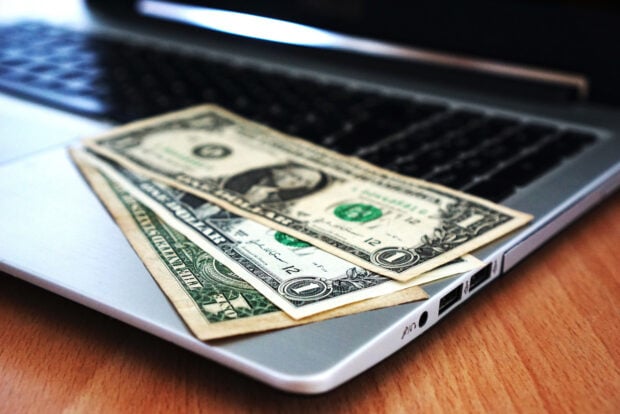Philippines central bank launches digital payments platform

The Philippines central bank, Bangko Sentral ng Pilipinas (BSP), has launched an online payment facility for government transactions and is championing the adoption of a national QR code standard, in a bid to move away from cash and reduce payment errors.
Online facility eGov Pay will allow citizens to make financial transactions with government agencies, such as paying taxes and other fees, electronically, enabling easier tracking of payment status and boosting transparency. The payments will be made via a portal operated by the Land Bank of the Philippines, a universal bank owned by the government.
The Bureau of Internal Revenue – which ran a successful pilot in August this year – and the Department of Trade and Industry are the first two government agencies to use eGov Pay. The city government of capital Manila and the national police are among other public authorities to have signed up to the initiative, according to OpenGov Asia.
BSP governor, Benjamin Diokno, is optimistic that “all government agencies will be part of the system before 2023, if not sooner,” according to one report.
A report from the World Bank published last year, the Global Findex Database, found that the majority of government payments to people in the Philippines are still made in cash rather than to a bank account, while cash is also often used for transactions such as payment of utility bills.
Quicker and cheaper
As well as launching eGov Pay, BSP is also advocating the adoption of a national QR code standard by all banks and financial technology firms, in a bid to further drive digital transactions. QR or ‘Quick Response’ codes comprise squares of black and white blocks that can be scanned by smartphones, enabling contactless payment.
The technology is cheaper than the point-of-sale devices usually needed for card-based payments and it is envisioned that the adoption of a national QR code standard will help to bring more people, as well as micro and small enterprises, into the financial system.
According to reports, Vicente de Villa, managing director of the BSP’s fintech division, said the use of QR codes for peer-to-peer transactions would also minimise, if not eliminate, errors in the input of account details.
He added that rules are being finalised ahead of the launch of peer-to-business QR transactions next year. “We are hoping for that to happen no later than the first half of 2020,” he said.
In launching a national QR code standard, the Philippines is following a route trodden by other countries worldwide. Elsewhere in South-East Asia, Singapore announced its Singapore Quick Response Code (SGQR) in 2018, while earlier this year Global Government Forum reported that the West African country of Ghana had committed to roll out a universal QR code.





















